1.2 — The Division of Labor
ECON 324 • International Trade • Spring 2023
Ryan Safner
Associate Professor of Economics
safner@hood.edu
ryansafner/tradeS23
tradeS23.classes.ryansafner.com
The Division of Labor I

Adam Smith
1723-1790
“The greatest improvement in the productive powers of labour, and the greater part of the skill, dexterity, and judgment with which it is any where directed, or applied, seem to have been the effects of the division of labour,” (Book I, Chapter 1).
Smith, Adam, 1776, An Enquiry into the Nature and Causes of the Wealth of Nations
The Division of Labor II
Output performed under the division of labor exceeds output performed in isolation (autarky)
Variation in factor endowments
Variation in production opportunities
Variation in human talents

The Division of Labor III

Adam Smith
1723-1790
"It is but a very small part of a man's wants which the produce of his own labour can supply. He supplies the far greater part of them by exchanging that surplus part of the produce of his own labour, which is over and above his own consumption, for such parts of the produce of other men's labour as he has occasion for. Every man thus lives by exchanging, or becomes in some measure a merchant, and the society itself grows to be what is properly a commercial society," (Book I, Chapter 4).
Smith, Adam, 1776, An Enquiry into the Nature and Causes of the Wealth of Nations
Smith's Pin Factory Example I

Adam Smith
1723-1790
"To take an example...from a very trifling manufacture...the trade of the pin-maker. [I]n the way in which this business is now carried on, not only the whole work is a peculiar trade, but it is divided into a number of branches, of which the greater part are likewise peculiar trades. One man draws out the wire, another straights it, a third cuts it, a fourth points it, a fifth grinds it at the top for receiving the head...and the important business of making a pin is, in this manner, divided into about eighteen distinct operations...Ten men only were employed [and they] could make among them upwards of forty-eight thousand pins in a day...But if they had all wrought separately and independently [they] certainly could not each of them have made twenty, perhaps not one pin in a day..." (Book I, Chapter 1).
Smith's Pin Factory Example II
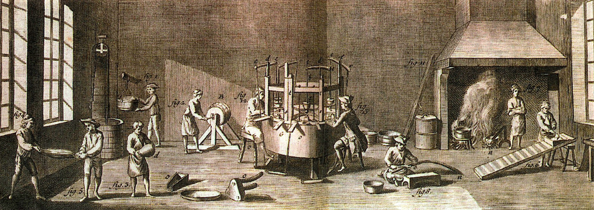
Adam Smith's pin factory illustration
How Division of Labor Enhances Productivity

Adam Smith
1723-1790
"This great increase of the quantity of work which, in consequence of the division of labour, the same number of people are capable of performing, is owing to three different circumstances; first to the increase of dexterity in every particular workman; secondly, to the saving of the time which is commonly lost in passing from one species of work to another; and lastly, to the invention of a great number of machines which facilitate and abridge labour, and enable one man to do the work of many." (Book I, Chapter 1).
Division of Labor: Origins

Adam Smith
1723-1790
"This division of labour, from which so many advantages are derived, is not originally the effect of any human wisdom, which foresees and intends that general opulence to which it gives occasion. It is the necessary, though very slow and gradual, consequence of a certain propensity in human nature which has in view no such extensive utility; the propensity to truck, barter, and exchange one thing for another," (Book I, Chapter 2).
Smith, Adam, 1776, An Enquiry into the Nature and Causes of the Wealth of Nations
Exchange is What Makes Us Human

Adam Smith
1723-1790
"Whether this propensity be one of those original principles in human nature, of which no further account can be given...It is common to all men, and to be found in no other race of animals, which seem to know neither this nor any other species of contracts...Nobody ever saw a dog make a fair and deliberate exchange of one bone for another with another dog...Nobody ever saw one animal by its gestures and natural cries signify to another, this is mine, that yours; I am willing to give this for that." (Book I, Chapter 2).
Smith, Adam, 1776, An Enquiry into the Nature and Causes of the Wealth of Nations
Exchange is What Makes Us Human

Adam Smith
1723-1790
"In civilized society [man] stands at all times in need of the cooperation and assistance of great multitudes, while his whole life is scarce sufficient to gain the friendship of a few persons...man has almost constant occasion for the help of his brethren, and it is in vain for him to expect it from their benevolence only."
"Whoever offers to another a bargain of any kind, proposes to do this. Give me that which I want, and you shall have this which you want...and it is in this manner that we obtain from one another the far greater part of those good offices which we stand in need of. It is not from the benevolence of the butcher, the brewer, or the baker, that we expect our dinner, but from their regard to their own interest. (Book I, Chapter 2).
Division of Labor is Cause not Effect of Talents

Adam Smith
1723-1790
“The difference of natural talents in different men is, in reality, much less than we are aware of; and...is not upon many occasions so much the cause, as the effect of the division of labour. The difference between the most dissimilar characters, between a philosopher and a common street porter, for example, seems to arise not so much from nature, as from habit, custom, and education....[F]or the first six or eight years of their existence, they were perhaps, very much alike...About that age, or soon after, they come to be employed in very different occupations. The difference of talents comes then to be taken notice of, and widens by degrees, till at last the vanity of the philosopher is willing to acknowledge scarce any resemblance. But without the disposition to truck, barter, and exchange, every man must have procured to himself every necessary and conveniency of life which he wanted. All must have had the same duties to perform, and the same work to do, and there could have been no such difference of employment as could alone give occasion to any great difference of talents.” (Book I, Chapter 2).
Smith, Adam, 1776, An Enquiry into the Nature and Causes of the Wealth of Nations
DOL Is Limited By the Extent of the Market

Adam Smith
1723-1790
"As it is the power of exchanging that gives occasion to the division of labour, so the extent of this division must always be limited by...the extent of the market. When the market is very small, no person can have any encouragement to dedicate himself entirely to one employment, for want of the power to exchange all that surplus part of the produce of his own labour, which is over and above his own consumption, for such parts of the produce of other men's labour as he has occasion for," (Book I, Chapter 3).
Smith, Adam, 1776, An Enquiry into the Nature and Causes of the Wealth of Nations
The Division of Labor: Summary
Division of labor: process where people specialize in production and then exchange their produce with others to acquire all of their desired goods
Two senses:
- Factory system: splitting up production process into specialized discrete steps boosts productivity
- Economic system: an economy of people specialize & exchange for all needs, leading to widespread prosperity
The more trading opportunities, the greater the benefits of specialization
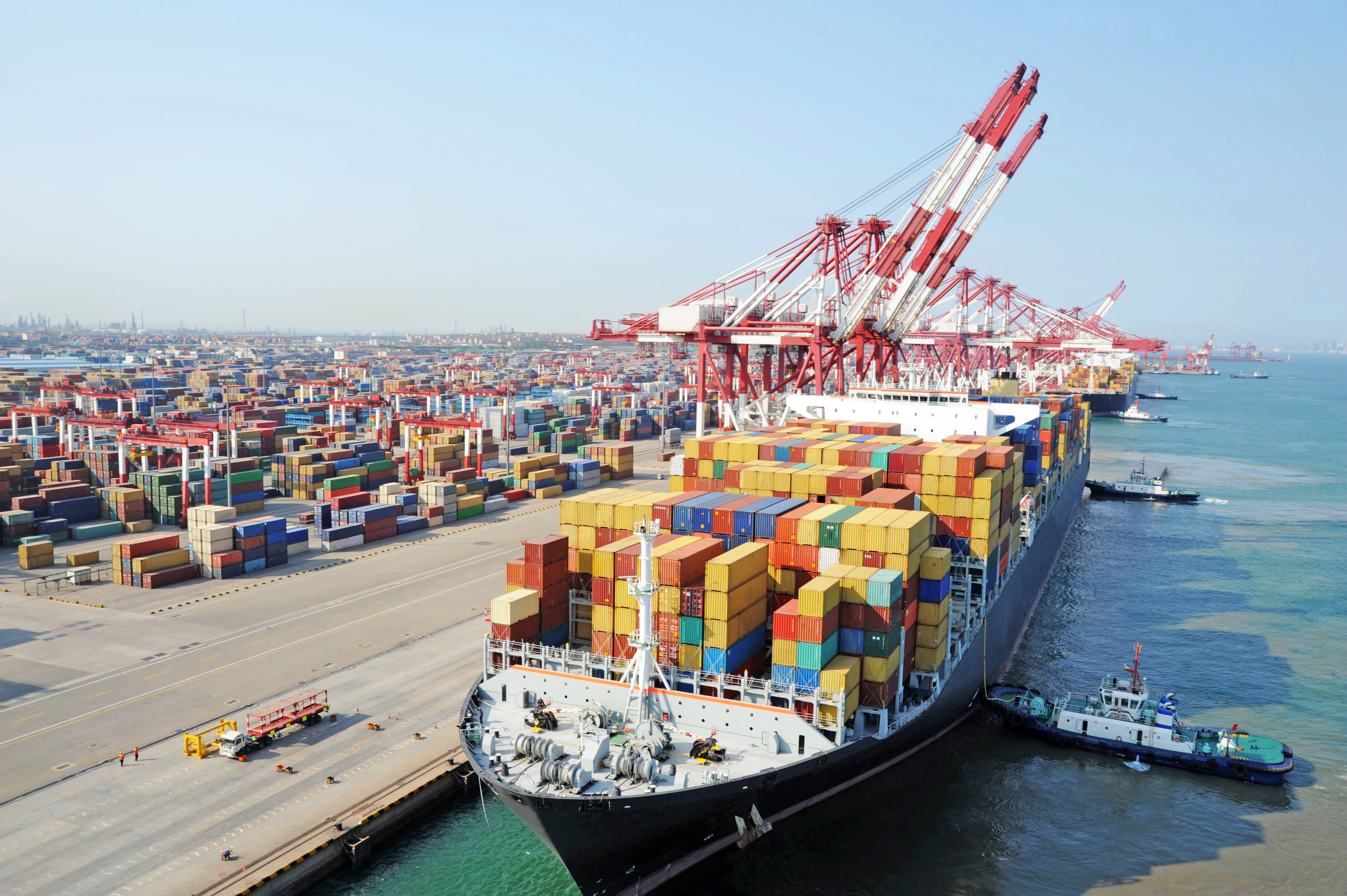
DOL Facilitates Cooperation on a Grand Scale

Adam Smith
1723-1790
“The woollen coat, for example, which covers the day-labourer, as coarse and rough as it may appear, is the produce of the joint labour of a great multitude of workmen. The shepherd, the sorter of the wool, the wool-comber or carder, the dyer, the scribbler, the spinner, the weaver, the fuller, the dresser, with many others, must all join their different arts in order to complete even this homely production. How many merchants and carriers, besides, must have been employed in transporting the materials from some of those workmen to others who often live in a very distant part of the country! how much commerce and navigation in particular, how many ship-builders, sailors, sail-makers, rope-makers, must have been employed in order to bring together [resources] from the remotest corners of the world!...If we examine, I say, all these things, and consider what a variety of labour is employed about each of them, we shall be sensible that without the assistance and co-operation of many thousands, the very meanest person in a civilized country could not be provided, even according to what we very falsely imagine, the easy and simple manner in which he is commonly accommodated.” (Book I, Chapter 1).
The Division of Labor and Capital Accumulation I
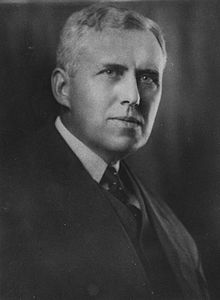
Allyn Young
1876-1929
"The important thing, of course, is that with the division of labour a group of complex processes is transformed into a succession of simpler processes, some of which, at least, lend themselves to the use of machinery. In the use of machinery and the adoption of indirect processes there is a further division of labour, the economies of which are again limited by the extent of the market. It would be wasteful to make a hammer to drive a single nail; it would be better to use whatever awkward implement lies conveniently at hand," (p.530).
The Division of Labor and Capital Accumulation II

Allyn Young
1876-1929
"It would be wasteful to furnish a factory with an elaborate equipment of specially constructed jigs, gauges, lathes, drills, presses and conveyors to build a hundred automobiles; it would be better to rely mostly upon tools and machines of standard types, so as to make a relatively larger use of directly applied and a relatively smaller use of indirectly-applied labour. [Henry] Ford's methods would be absurdly uneconomical if his output were very small, and would be unprofitable even if his output were what many other manufacturers of automobiles would call large.," (p.530).
The Division of Labor and Capital Accumulation III
More trading opportunities create economies of scale
- As ↑ output, ↓ average cost
Makes large investments in capital & technology profitable
- Spreads f over a larger volume of q
Labor-saving technologies
- May replace labor entirely with capital
- Might create new complex tasks for labor
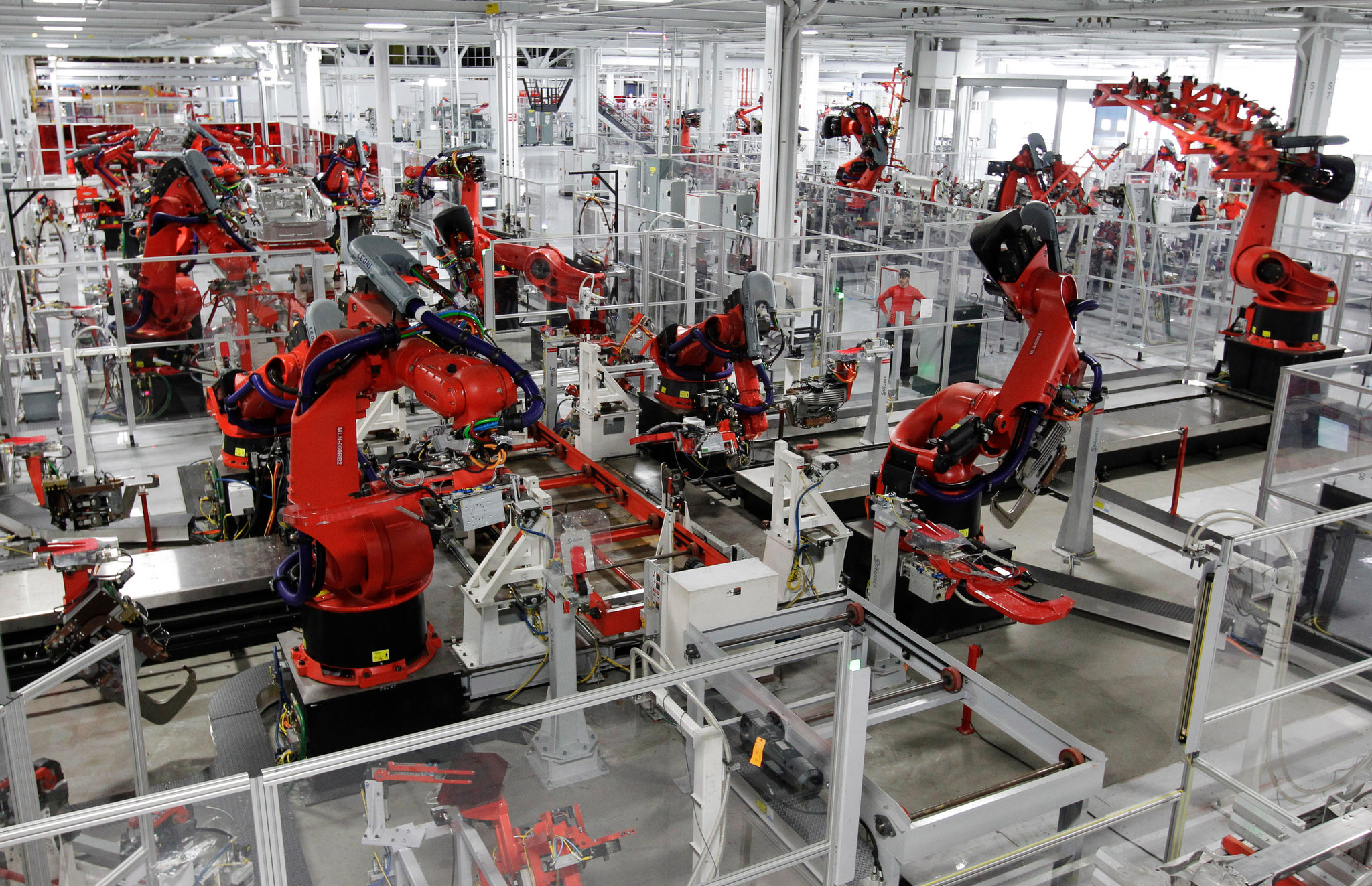
Division of Labor and Extent of the Market
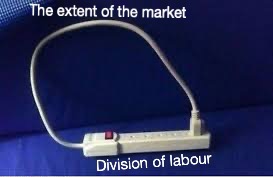
The Division of Knowledge
- Greater extent of the market → greater division of labor, and also a greater specialization and division of knowledge
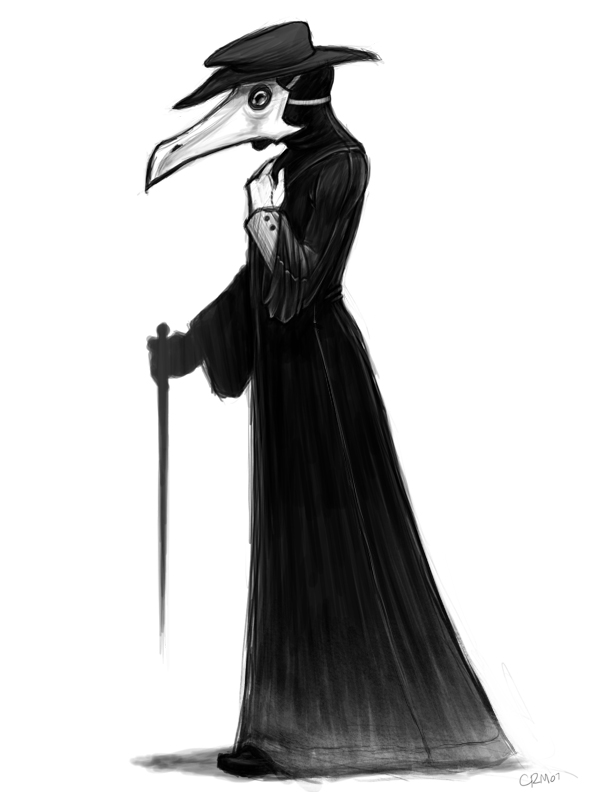
The Division of Knowledge
- Greater extent of the market → greater division of labor, and also a greater specialization and division of knowledge

Division of Labor, Productivity, & Employment

Michael Munger
"The market Smith was talking about was the number of potential (and, in an important sense, actual!) customers for the product in question. As the ability of transport and communications to handle trade increases, the size of factories increases. Let me say that again, because it is so obvious it's confusing. As the number of potential customers you can reach expands, and the costs of shipping and handling fall, factories become fewer and larger. There is far more capital investment in these factories, but fewer workers. And output increases ten-fold, a hundred-fold, a billion-fold."
Munger, Michael, 2007, "I'll Stick With These: Some Sharp Observations on the Division of Labor," EconLog
DOL, Productivity, Employment: Example
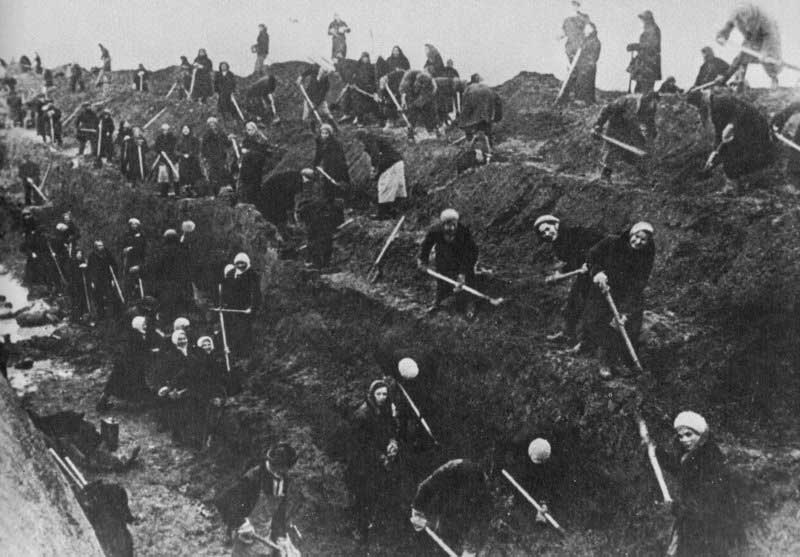
100 workers with sticks
DOL, Productivity, Employment: Example
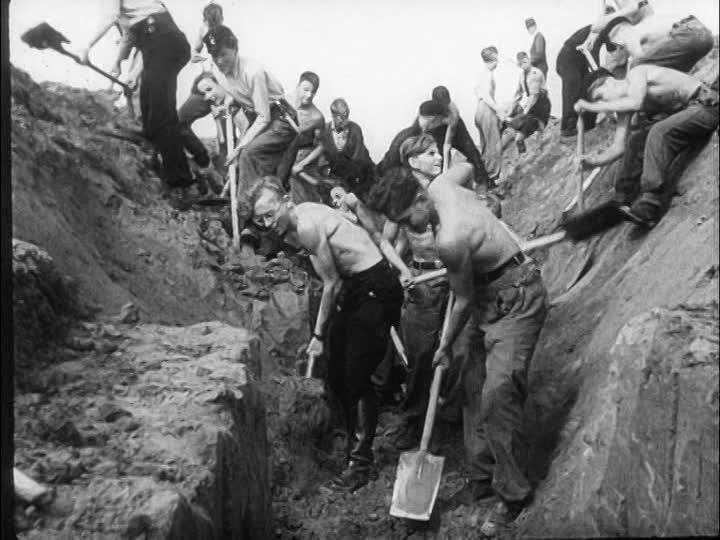
10 workers with shovels
DOL, Productivity, Employment: Example

1 worker with a backhoe
A Framework to Think About DOL
Productivity Per Worker: exponential increase with larger markets & more capital investment
Employment: Increase, then decrease, with larger markets & more capital investment
Not shown:
- steady increase in investment, capital goods

A Framework to Think About DOL
Small-scale, local artisans, guilds serving only local community
Most production is (agricultural) for subsistence, not for exchange
Productivity Per Worker: very low productivity
Employment: Very few specialized workers (most are farming to survive)

A Framework to Think About DOL
Small-scale, local artisans, guilds serving only local community
Most production is (agricultural) for subsistence, not for exchange
Productivity Per Worker: very low productivity
Employment: Very few specialized workers (most are farming to survive)
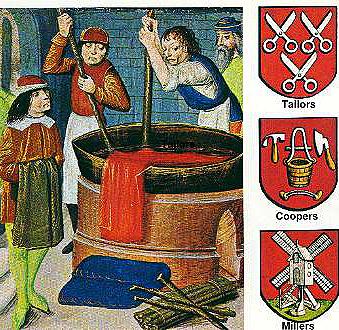
A Framework to Think About DOL
Growing firms with some capital investment (tools) serving national and regional markets
Productivity Per Worker: increase in productivity from learning by doing, specialized tools
Employment: growing, as more workers are needed to keep up with demand, incease in wages and skills

A Framework to Think About DOL
Growing firms with some capital investment (tools) serving national and regional markets
Productivity Per Worker: increase in productivity from learning by doing, specialized tools
Employment: growing, as more workers are needed to keep up with demand, incease in wages and skills

A Framework to Think About DOL
A small number of massive firms supplying the world market
Productivity Per Worker: massive productivity per worker
Employment: very few, highly-skilled, highly-paid workers
- capital augmenting & replacing labor

A Framework to Think About DOL
A small number of massive firms supplying the world market
Productivity Per Worker: massive productivity per worker
Employment: very few, highly-skilled, highly-paid workers
- capital augmenting & replacing labor

Division of Labor, Productivity, & Employment

Michael Munger
"Today, most pin manufacture has moved to Asia. Your first impulse might be to nod and think, Sure, cheap labor.'' But that is not an important part of the story. Pin manufacturing is highly capital intensive. Smith's insight on the division of labor, and Howe's idea of making the process continuous and making labor more productive, have combined to expand the market for Chinese pins to the whole world. The number of workers engaged in pin manufacture in China has \emph{fallen}, not risen, as pin output has expanded. And wages have increased more than ten-fold, as productivity has exploded"
Munger, Michael, 2007, "I'll Stick With These: Some Sharp Observations on the Division of Labor," EconLog
The Effects of the Division of Labor
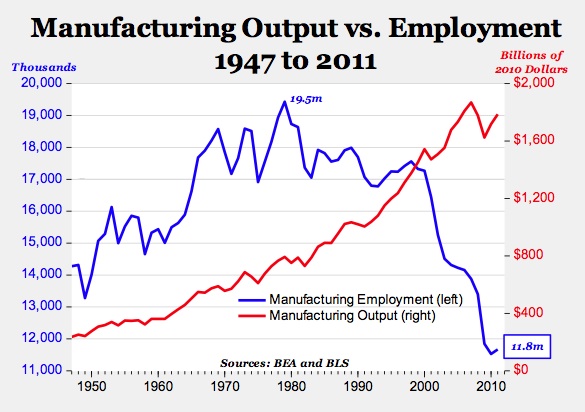
The Effects of the Division of Labor
| Year | U.S. Population | % working on farms |
|---|---|---|
| 1790 | 4,000,000 | 90% |

The Effects of the Division of Labor
| Year | U.S. Population | % working on farms |
|---|---|---|
| 1790 | 4,000,000 | 90% |
| 1900 | 76,000,000 | 40% |

The Effects of the Division of Labor
| Year | U.S. Population | % working on farms |
|---|---|---|
| 1790 | 4,000,000 | 90% |
| 1900 | 76,000,000 | 40% |
| 2017 | 325,000,000 | <1% |
Source: U.S. Department of Agriculture Economic Research Service

Markets as an Evolutionary Process
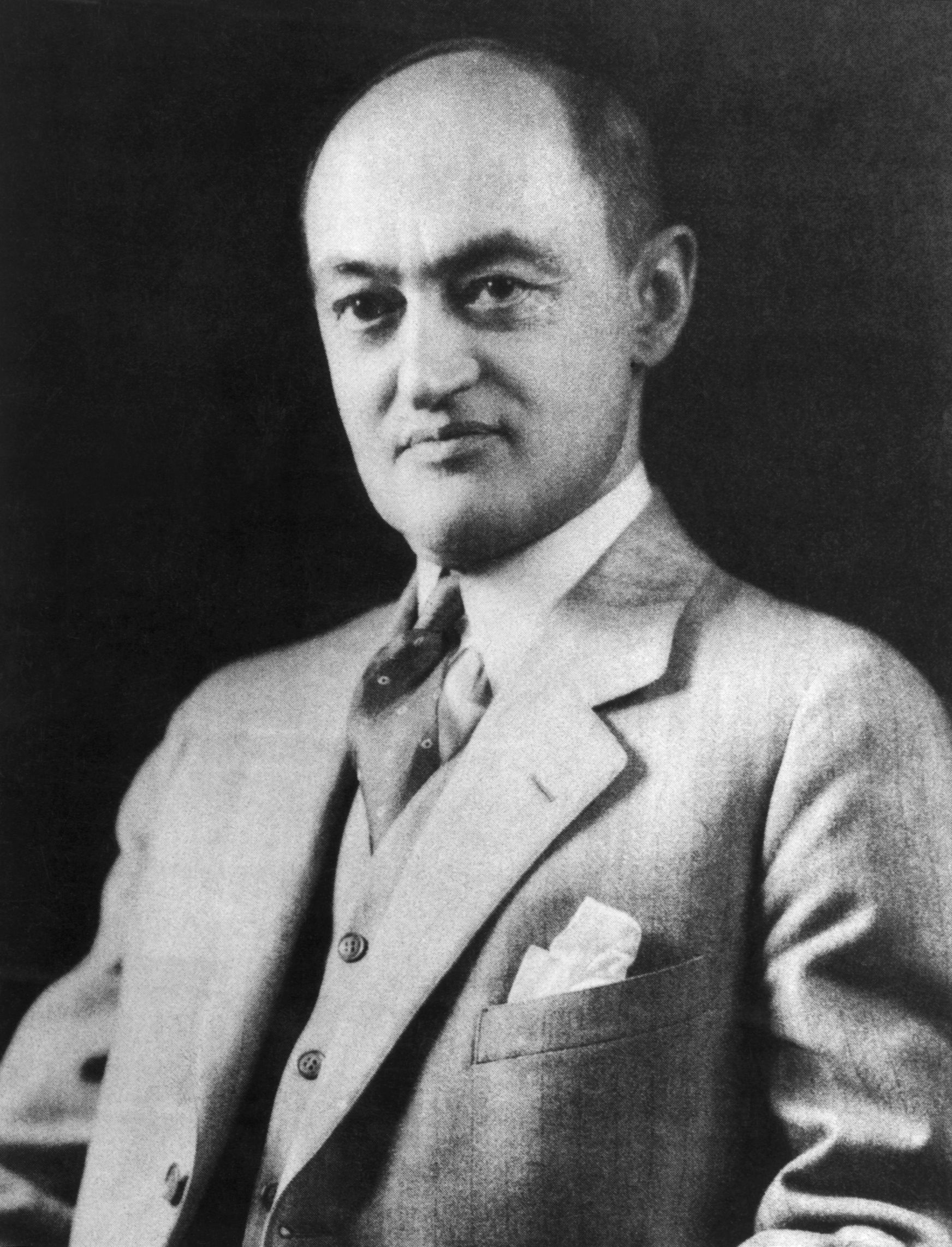
Joseph Schumpeter
1883-1950
"Capitalism...is by nature a form of economic change and not only never is but never can be stationary...The essential point to grasp is that in dealing with capitalism we are dealing with an evolutionary process.," (pp.82).
"[I]n capitalist reality as distinguished from its textbook picture, it is not that kind of competition which counts but the competition from the new commodity, the new technology, the new source of supply, the new type of organization...competition which commands a decisive cost or quality advantage which strikes not at the margins of the profits and the outputs of the existing firms but at their foundations and their very lives." (p.132).
Schumpeter, Joseph A, (1947), Capitalism, Socialism, and Democracy
Creative Destruction I

Joseph Schumpeter
1883-1950
"Industrial mutation--if I may use that biological term—that incessantly revolutionizes the economic structure from within, incessantly destroying the old one, incessantly creating a new one. This process of Creative Destruction is the essential fact about capitalism. It is what capitalism consists in and what every capitalist concern has got to live in" (p.83).
Schumpeter, Joseph A, (1947), Capitalism, Socialism, and Democracy
Creative Destruction: Examples
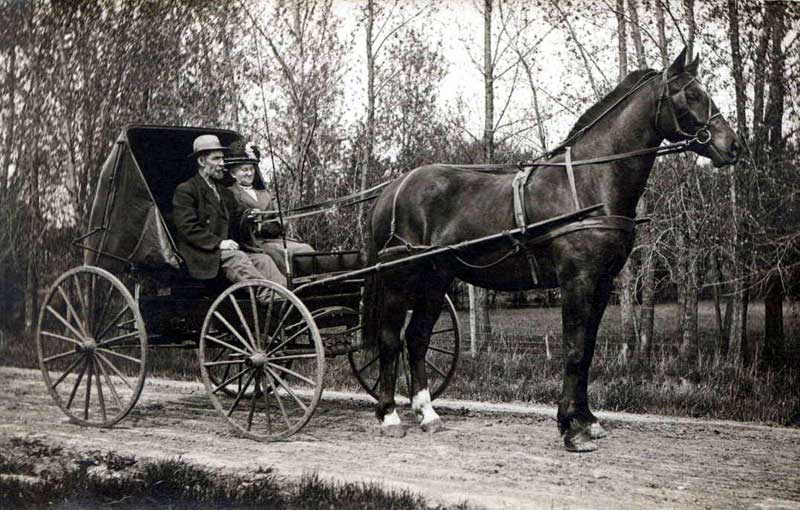

Creative Destruction: Example II

Creative Destruction: Example III

59 years of progress
No Corporate Monolith Lasts Forever

Creative Destruction: The Problem

Creative Destruction: The Problem


Creative Destruction: The Problem

Creative Destruction: The Problem


Successful Economies Liberate and Prosper
Successful Economies Liberate and Prosper
Successful Economies Liberate and Prosper
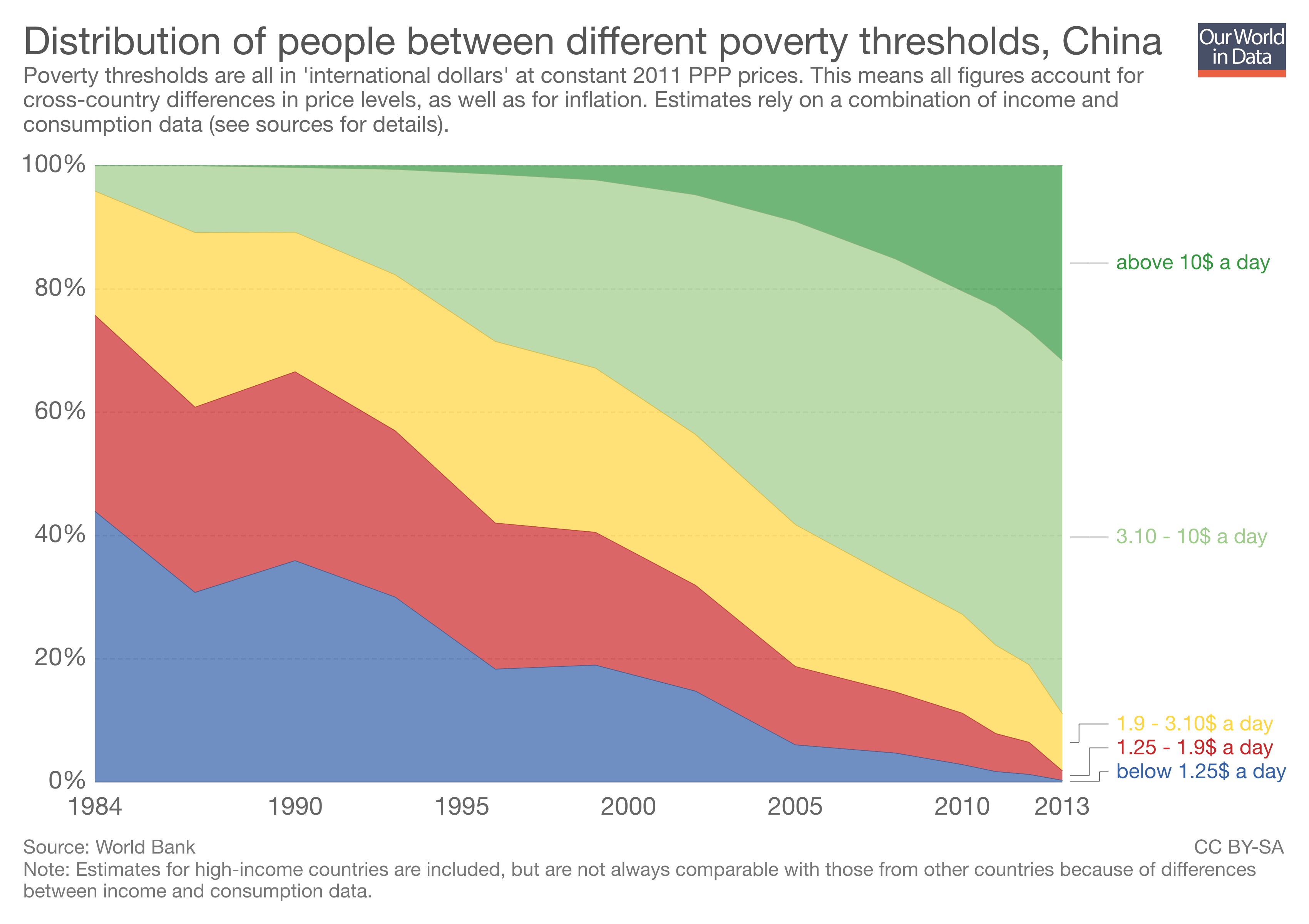
But Successful Economies Create a Political Problem
Markets serve consumers (consumer sovereignty), not workers or producers!
Successful market economies produce wealth and destroy jobs
Economic growth ≡ more output with fewer inputs!
A political problem: how do producers permit the destructive side of creative destruction?


But Successful Economies Create a Political Problem
- Moral dilemmas:
- Do we have a moral obligation to insulate workers from the pain of competition that is no fault of their own?
- How do we secure the gains from trade and innovation without punishing the workers who lose their jobs?

